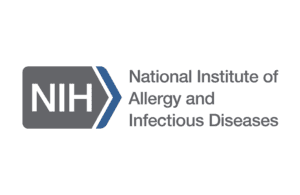 The National Institutes of Health (NIH) has launched a study to gauge the antibody response of a third dose of mRNA COVID-19 vaccine in patients with autoimmune disease. Participants in the study had an insufficient immune response to the primary series of vaccination.
The National Institutes of Health (NIH) has launched a study to gauge the antibody response of a third dose of mRNA COVID-19 vaccine in patients with autoimmune disease. Participants in the study had an insufficient immune response to the primary series of vaccination.
The Phase 2 study will also test the impact of pausing immunosuppressive medication to determine if it improves the antibody response.
The study, titled “COVID‐19 booster vaccine in autoimmune disease non‐responders,” will test an additional dose of vaccines from both Pfizer-BioNTech and Moderna.
The National Institute of Allergy and Infectious Diseases (NIAID), an NIH division, is sponsoring the study.
The study will first focus on people with one of the following autoimmune diseases: multiple sclerosis, pemphigus, rheumatoid arthritis, systemic lupus erythematosus or systemic sclerosis.
On Aug. 12, FDA authorized an additional dose of Pfizer-BioNTech and Moderna COVID-19 vaccines for people who are moderately or severely immunocompromised.
In mid-August, a CDC panel recommended a third dose of mRNA vaccines in patients who are immunocompromised.
“Many people who have an autoimmune disease that requires immunosuppressive therapy have had a poor immune response to the authorized and approved COVID-19 vaccines, placing these individuals at high risk for the disease,” explained NIAID Director Dr. Anthony S. Fauci in a statement announcing the new study. “We are determined to find ways to elicit a protective immune response to the vaccines in this population. This new study is an important step in that direction.”
NIH has previously observed that autoimmune disease is on the rise in the U.S.
It now estimates 8% of people in the U.S. have an autoimmune disease.
Furthermore, autoimmune diseases can elevate the risk of contracting severe COVID-19.
Another concern is that people with autoimmune conditions taking immunosuppressive medications may face a higher risk still of COVID-19 complications.